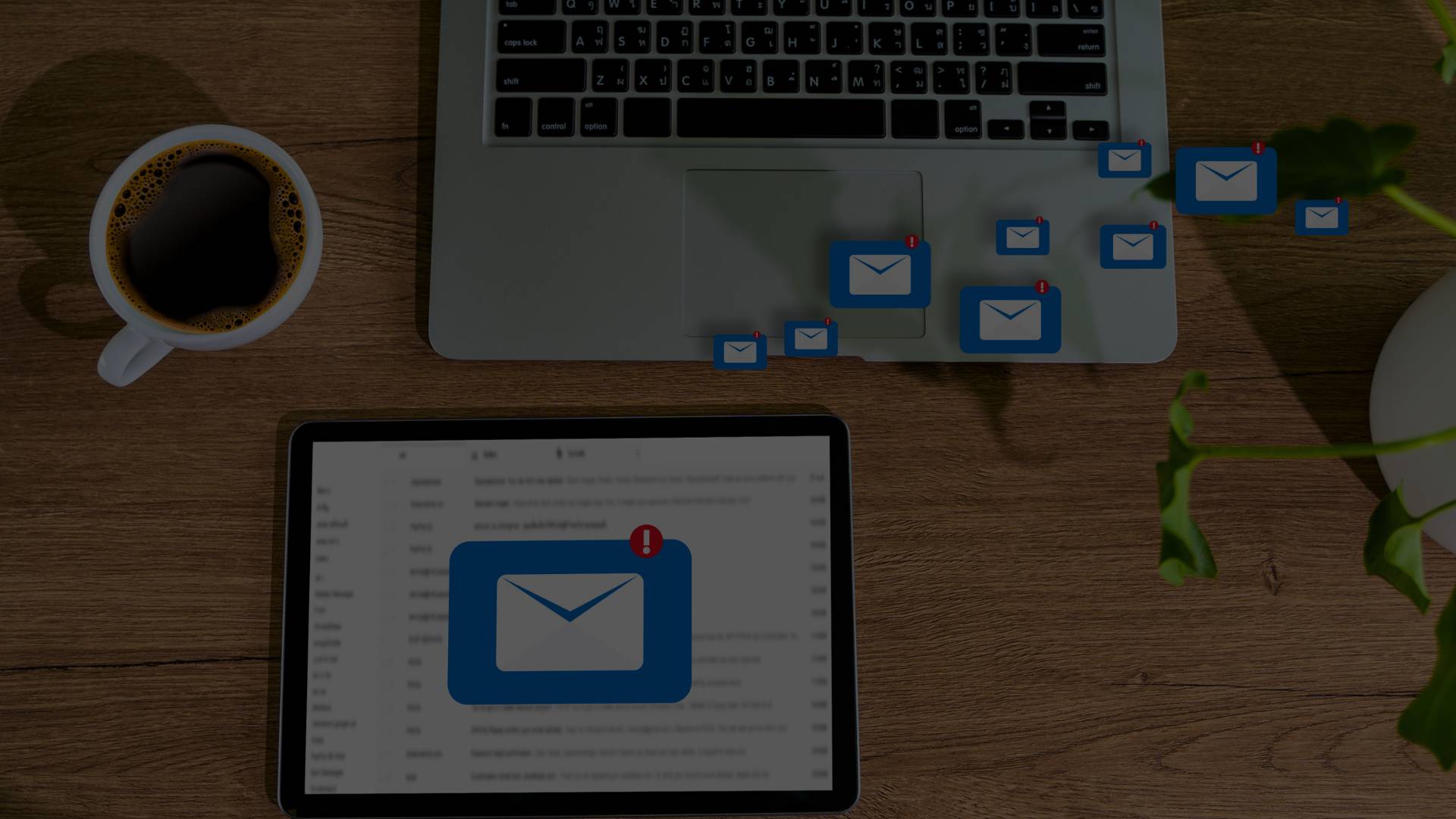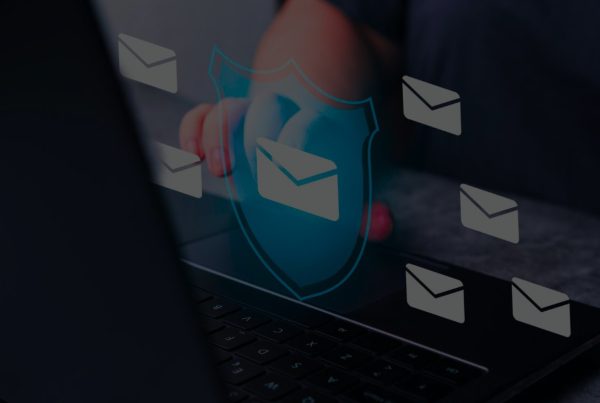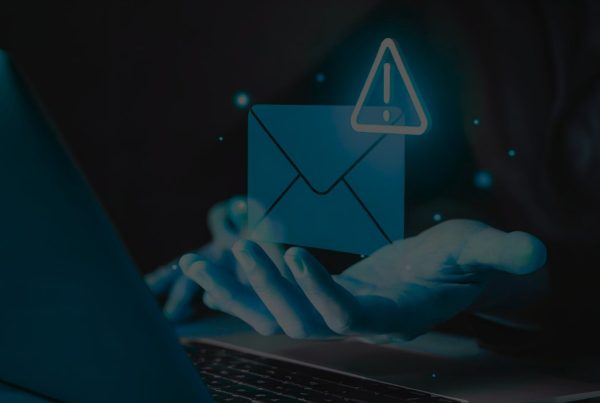Advanced Email Security for SaaS-Based Work Environments
As businesses increasingly transition to cloud-based, Software-as-a-Service (SaaS) platforms, the security landscape for email communications has become more complex. With many organizations now relying on cloud tools for email, collaboration, and document sharing, securing these communication channels has never been more critical. The rise of AI, Chatbots, and sophisticated cyber threats underscores the need for advanced email security solutions that go beyond traditional email filters and firewalls.
For SaaS-based work environments, advanced email security is essential not only for protecting data but also for ensuring compliance with industry regulations such as GDPR, HIPAA, and SOC 2. Let’s explore how SaaS businesses can implement advanced email security measures to safeguard their communication systems against evolving threats.
Why Email Security Is Crucial for SaaS Businesses
SaaS businesses handle vast amounts of data every day, often involving sensitive customer information, intellectual property, and financial transactions. Email remains one of the top attack vectors for cybercriminals, who frequently use phishing tactics, Business Email Compromise (BEC) attacks, and AI-powered social engineering to target employees and customers.
What makes email security even more challenging in a SaaS environment is the scale and agility of these platforms. SaaS environments are dynamic and often involve multiple third-party integrations, which increase the attack surface. Furthermore, cloud-based tools enable employees to work from anywhere, creating the potential for phishing attacks to bypass traditional on-premises security controls.
Case Study: Software Company Implements AI-Based Email Protection
A rapidly growing SaaS provider specializing in project management software faced a significant challenge in securing email communications between their teams and clients. Phishing attempts that appeared to come from high-level executives were increasingly bypassing the company’s traditional security system. Employees were opening these emails, unknowingly compromising sensitive data.
After evaluating their security posture, the company integrated an AI-powered email security platform that utilized machine learning algorithms to analyze email behavior, content, and metadata. The system was designed to identify patterns associated with phishing and AI-driven social engineering attacks.
The implementation of this advanced email security solution significantly reduced the number of successful phishing attacks, and the company was able to comply with data protection regulations by encrypting sensitive communications and logging all email interactions for audit purposes. Moreover, the solution offered real-time alerts, allowing the company to respond quickly to potential threats.
AI and Chatbots: New Frontiers in Email-Based Threats
The rise of AI and Chatbots in phishing attacks represents a new frontier in email-based threats. Generative AI and Chatbots are now being used by attackers to engage in real-time conversations with employees, posing as IT support or HR representatives. These bots can ask employees to provide login credentials or download malicious attachments under the pretense of a routine task.
A leading SaaS company providing cloud-based CRM solutions experienced an attack where a phishing email led employees to a Chatbot interface disguised as their internal helpdesk. The bot requested personal information and company login credentials. Thanks to their advanced email security solution, which monitored abnormal chatbot behavior and flagged suspicious URLs, the security team was able to shut down the attack before any critical data was stolen.
This case highlights the importance of using AI-powered security platforms that not only detect phishing emails but also analyze conversational patterns and Chatbot interactions to prevent data loss and compliance violations.
The Role of Email Threat Intelligence in SaaS Security
For SaaS companies, the sheer volume and velocity of email traffic make it essential to use email threat intelligence to stay ahead of emerging threats. Email threat intelligence integrates real-time data feeds, providing updates on phishing campaigns, zero-day exploits, and other risks relevant to SaaS platforms.
By adopting email threat intelligence, businesses can analyze and respond to attacks more proactively. A healthcare SaaS company found this approach invaluable when a targeted Business Email Compromise attack was detected. By leveraging threat intelligence, the company was able to identify the threat’s source, block the emails in real-time, and ensure that sensitive healthcare data remained secure.
Why SaaS Companies Must Invest in Advanced Email Security
For SaaS businesses, email security is not just about protecting internal communication but also about safeguarding customer data, maintaining brand reputation, and ensuring regulatory compliance. As email-based threats grow more sophisticated, traditional security measures are no longer enough.
Investing in AI-powered email security that incorporates real-time threat intelligence, behavioral analysis, and automated remediation will help SaaS companies stay ahead of attackers. Furthermore, by implementing security measures that align with compliance standards, organizations can reduce the risk of data breaches and costly penalties.
Conclusion
Advanced email security solutions are a must-have for SaaS businesses in 2025. With the rise of AI-driven threats, including phishing, Chatbots, and social engineering attacks, traditional defenses no longer suffice. By adopting AI-enhanced email security platforms, leveraging email threat intelligence, and ensuring compliance with industry standards, SaaS companies can protect their email systems and remain resilient in the face of ever-evolving cyber threats.








